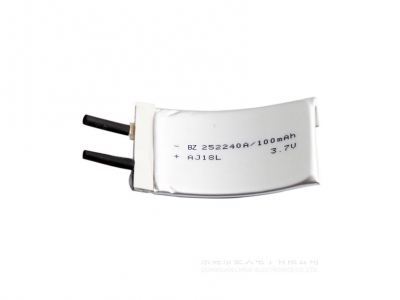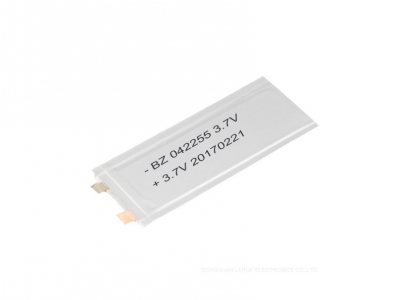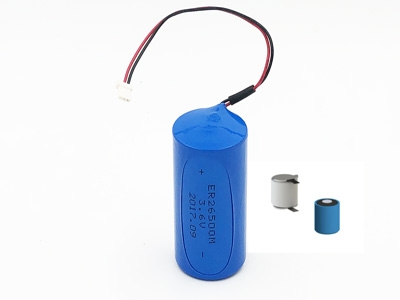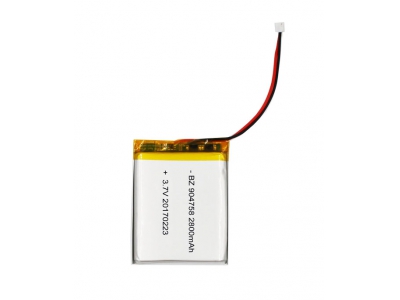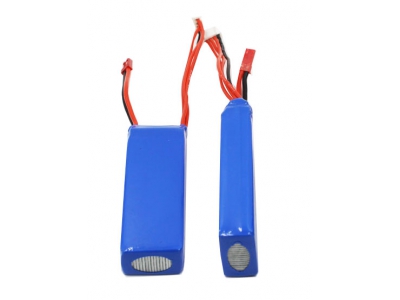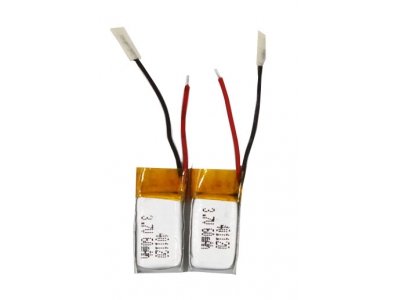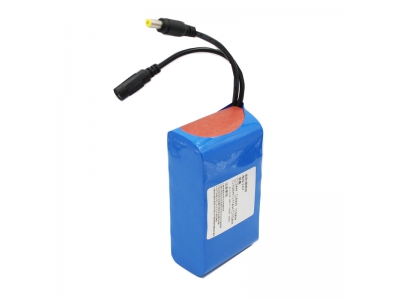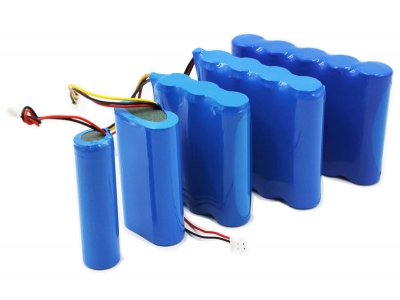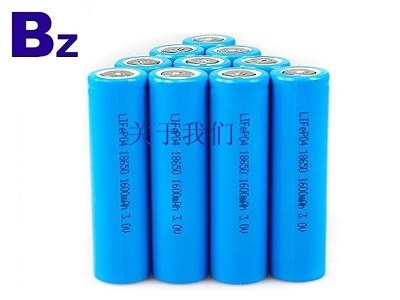Former Tesla Employees Warn of Defective Model 3 Batteries
Tesla has made a number of fancy electric cars, but making them so fancy also means they’re incredibly expensive. The Model 3 is supposed to be Tesla’s mainstream “budget” offering, though production has been slow to get underway. Part of the problem may be the battery packs, which are manufactured at the huge Gigafactory in Nevada. Some former Tesla employees report that many Model 3 batteries were assembled by hand, and there could be quality issues that make them more prone to failure. Tesla, however, denies this.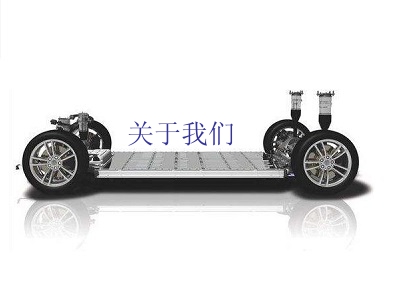
The Tesla Model S and X both start between $60,000 and $70,000, and a lot of people simply won’t pay that much for a car no matter how good it may be. However, the Model 3 is supposed to start at around $35,000, making it a much more palatable option. Indeed, more than 400,000 people have paid a refundable $1,000 fee to reserve one of the vehicles. CEO Elon Musk admits Model 3 production has been slow going.
According to current and former Tesla engineers, Tesla was still making Model 3 batteries partly by hand in the Gigafactory as recently as the middle of December. Production is supposed to be entirely automated, so the company had to “borrow” dozens of workers from lithium-ion cell supplier Panasonic to complete work on the batteries.
It won’t necessarily matter to people how their batteries were assembled, assuming they work correctly. However, some Tesla engineers have told CNBC that the batteries coming out of the Gigafactory could be flawed. They claim some batteries were manufactured without enough space between the individual lithium-ion cells. That can lead to shorts that damage the battery; in a worst case, it could cause the battery to catch fire.
Tesla says these accusations are not accurate and it trains all employees thoroughly. Although, a spokesperson notes that Model 3 battery manufacturing has not reached full production, and thus “by definition some elements of the production process will be more manual.” Sources now say Tesla is closer to fully automating Model 3 battery construction, but they still have concerns about quality control. Tesla also disputes that the batteries have any quality issues.
There have been no reports of Model 3 fires, but there aren’t very many cars yet. The company previously said it would have 5,000 cars rolling off the assembly line per week at the end of 2017. Now, Tesla expects to hit that number by the end of June 2018.






